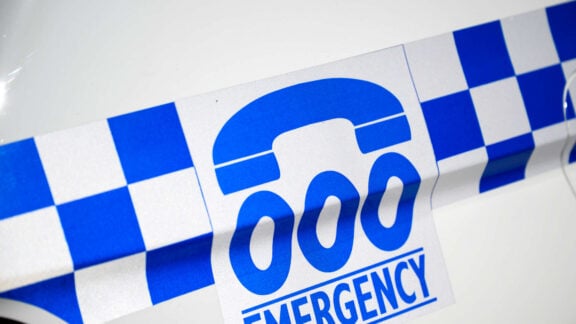The image problem Greece suffered in the eyes of the global media following the financial crisis that rocked the country has been analysed in the new book The Greek Crisis in the Media.
The author of the book, Dr Tzogopoulos – a research fellow at the Hellenic Foundation for European and Foreign Policy (ELIAMEP) – examines the country’s portrayal by the international press during the financial crisis, and contemplates the extent to which the country has received balanced coverage.
“What makes Greece unique compared to Portugal, Ireland, Italy and Spain is that our statistics are far worse. They show signs of large-scale corruption, tax evasion and alarming unemployment,” he said. Other factors setting Greece apart include “an unwillingness to build on political consensus” and the frequency and impunity of violent demonstrations, he argued. “When someone throws a Molotov cocktail in Greece he does not get arrested. Foreigners have realised that law enforcement does not exist in Greece,” Tzogopoulos said, acknowledging that demonstrations are prevalent in most of austerity-hit Europe.
According to his book, Greece first appeared on the international media’s radar in October 2009, when then Prime Minister George Papandreou revealed the country’s 300-billion-euro public debt. “Europeans were shocked and couldn’t believe that they had been lied to by the Greek government for so long,” he said, referring to allegations that the Greek government had been cooking the books for several years.
Coverage of the Greek crisis peaked in May 2010, when the first bailout agreement with international creditors was approved. It was followed by the announcement of the medium-term fiscal strategy and the Indignant movement in July 2011, calls for a referendum in November 2011 and the elections in May and June 2012. It was in 2010 when stereotypes and cartoons depicting Greeks as overweight, lazy and corrupt first hit international front pages. According to Tzogopoulos, the worst stereotyping of Greeks has been perpetuated by German publications such as Bild and Focus.
Dr Tzogopoulos’s book, which compares coverage from Germany, France, Italy, the United States and Britain, isolates specific cases where Greece has received excessive negative coverage. One example is an article published in May 2012 by The Times titled ‘British banknote printers dust off drachma’. Referring to the now-shelved Grexit scenario, the article discusses how British currency printer De La Rue was preparing to print drachmas. According to Tzogopoulos, in the past year Greece has managed to avoid making headlines, with the exception of the sudden closure of state broadcaster ERT last month. “Prime Minister Antonis Samaras has tried improving relations with Germany so as to calm both countries’ mutual dislike of each other,” Tzogopoulos said, referring to Samaras’s visit to Berlin last summer, where he addressed the German media.
The author states that Greeks shouldn’t “blame the foreign media for our problems. We should blame ourselves for the crisis first, and then foreign entities like the International Monetary Fund and the European Union”. But with tensions rising in Greece following recent legislation calling for the sacking of thousands of civil servants, Dr Tzogopoulos doesn’t see things improving in the near future. “It’s going to be very difficult to reverse Greece’s image,” he said.
Source: Kathimerini
Advertisement
Greece’s portrayal in international media
A recently published book has analysed the way Greece is viewed in the eyes of the world

FILE- A protest gestures at riot police during clashes outside the Greek parliament in Athens, Sunday, Feb. 12, 2012. Tens of thousands of protesters gathered in the square outside Parliament as a parliamentary debate began, with more arriving constantly. As the crowds grew, a few hundred anarchists started to throw bottles and firebombs at police, who responded with tear gas and stun grenades. (AAP via AP Photo/Thanassis Stavrakis)








